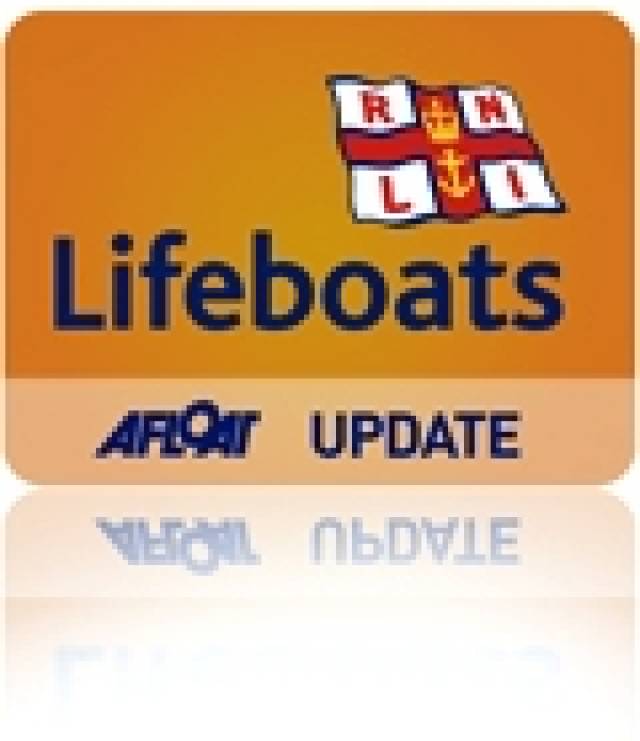#LIFEBOATS – While RNLI beach lifeguards take a break from life-saving on the North coast of Northern Ireland, RNLI Lifeguard Supervisor Tim Doran, originally from Armagh and living in Portstewart, along with his colleague Ross Macleod, RNLI Beach Safety Programme Manager, were busy teaching others (pictured above) how to save lives thousands of miles away in Cameroon.
The two lifeguards were part of a joint international project between the RNLI and the Swimming Teachers Association (STA). Its aim was to reduce the loss of life by drowning in Cameroon. This is a coastal country where eighty percent of the population cannot swim and drowning at sea and in lakes is a daily occurrence.
Tim Doran and Ross MacLeod, whose father hails from Holywood, County Down, along with Gary Seghers, Qualifications Development Manager at STA held a week long course which trained twenty local people from across Cameroon to become swimming and water safety instructors. The course took place in the coastal town of Kribi and is the first of its kind ever run in the country. It is one of the first projects of its kind to be run by RNLI lifeguards and the plan is to roll out more.
As an RNLI lifeguard supervisor in Northern Ireland Tim Doran is used to training recruits in life-saving so the challenge of bringing it to Cameroon was one he couldn't pass up. "The RNLI is a charity that places a high value on training and safety with both its lifeguards and volunteer lifeboat crews. It was amazing to be able to go to a country like Cameroon and to put the skills we have been taught into practice. There is obviously a huge difference between the two countries but the basics of life-saving are the same no matter where you live. We have taught a small group in Africa to save lives, who will in turn go on to train others how to swim and be safe in the water. That is an incredible feeling."
As well as delivering the training, the RNLI have also donated some of their old equipment and first aid supplies to the group. The RNLI and STA will keep in touch with the life-savers to see how they are getting on with their training. Tim and his RNLI lifeguard colleagues will be back on Northern Ireland beaches along the North coast from June.































































